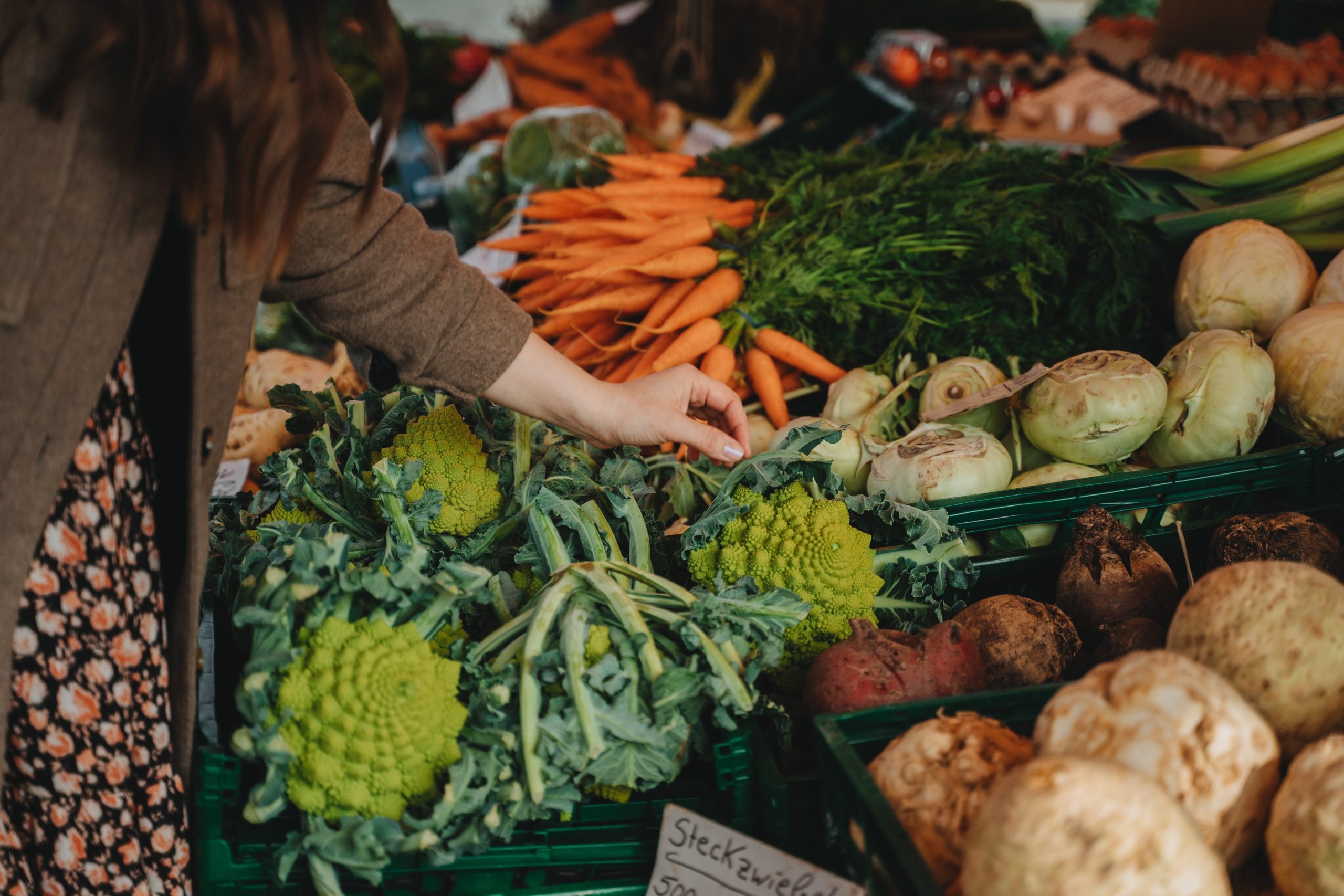The Recipe for a Nutritious, Sustainable Future


By Dr Eva Monterrosa, Theme Lead – Shaping Markets for Healthy, Sustainable Diets, GAIN
The Food Culture Alliance has been founded to harness the role of culture in reshaping our consumption habits. In this blog, Eva Monterrosa shares the journey the Alliance has been on and how we plan to achieve our ambitious vision.
Greenhouse gas emissions keep rising, and malnutrition rates are at an all time high. Time is running out and each sector has a responsibility to come together and accelerate progress. This is what spurred me and eight other passionate individuals to create the Demand Generation Alliance (DGA) two years ago.
As the DGA, our initial focus was on demand creation as a powerful tool to shift society’s consumption to more nutritious and sustainable diets; if we could change the demand for these foods, we could materially change current consumption patterns faster. We also knew that by bringing together our expertise from across civil society, academia, and private sectors, we could drive this essential change at a quicker rate. Together, we embarked on a journey to find our unique value proposition and value add. Could an alliance add value in the enabling environment, by addressing policy, economics, and culture; at the food environment, by addressing issues like quality and access; or at the individual level, by working on personal preferences, consumer knowledge, and affordability?
Each of these levels remain essential in the shift towards more nutritious and sustainable consumption habits. However, we realised that these areas were still too vast and not all of these topics were prioritised in the way they could be. For example, today, most efforts to influence demand are focused on shaping food environments and addressing individual wants and needs, and actions in the wider enabling environment are limited to policy. We saw an opportunity – let’s be bold and create impact at scale by tackling the often overlooked and undervalued driver of consumption patterns and food preferences: food culture.

Why is culture important?
Culture surrounds us, binding our society together and influencing our behaviour on a daily basis; its profound impact extends to numerous areas, including our relationship with food. Food culture influences how we feel, think, and value our food. And we also influence our food culture by negotiating with it, contesting it, and changing it. Food culture plays an integral role across the entire spectrum of our broader food system – from what we decide to cultivate, to how foods are processed, distributed, prepared, and consumed.
The role of culture is overlooked in food consumption transformation, but we know that using culture to shift behaviours and accelerate progress works; from advancing LGBTQIA+ rights and decreasing tobacco consumption, to tackling child marriage. Now it’s time to apply these strategies to transform food consumption in food systems.
Similarly, the term food culture can be complex and confusing – with different people understanding it in different ways. Phrases such as food policy, and food environments have become a part of our lexicon – so we need to do the same for food culture.
How will we use food culture?
To truly harness the power of food culture, we need a collaborative approach that taps into the strengths of actors across society. For example, the media must change how they talk about food, ecologically sound food production and just food selling practices must be the norm, and policymakers must take proactive steps in promoting change through subsidies and taxes.
While there’s growing consumer awareness for nutritious and sustainable foods- they remain niche, something for the health conscious, for the elite, or progressive classes. These ideas have to be mainstream in all of society if we are going to mitigate the current climate, health, and nutrition crisis. Here are a few examples for why food culture can be an effective tool:
Food culture as a climate solution

Food culture as a nutrition and health solution

What’s next?
We have now changed our name to the Food Culture Alliance to better reflect how we will achieve bold, large scale change. Our vision remains the same. We can’t shift consumer demand without addressing our underlying shared food preferences.
Over the next three years, we will build knowledge of food culture, establish local alliances in Kenya, India, and Indonesia, as well as to drive the global agenda forward, and provide support in designing, deploying, and evaluating food culture strategies.
If you’re interested in finding out more, our website is full of interesting content delving deeper into food culture and our plans for the future. In the meantime, make sure to sign up to our newsletter to get a flavour of what we’re up to!
If you want to hear more from the Food Culture Alliance, including our latest news, tools, and resources, enter your email address below.